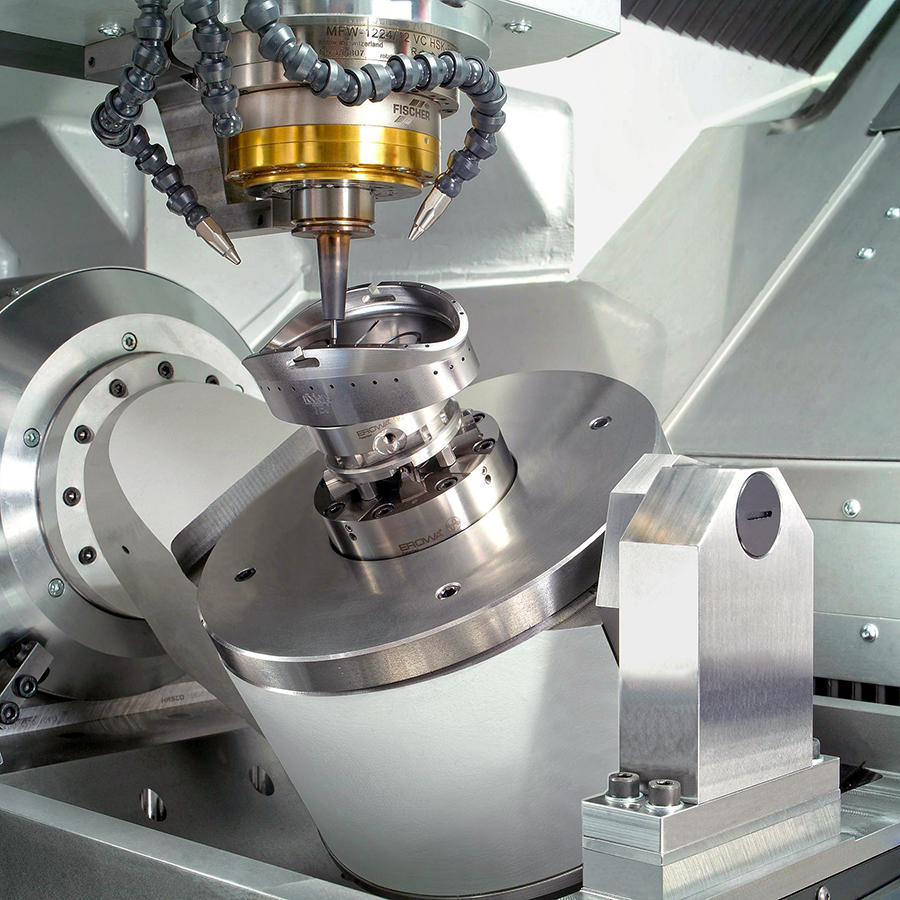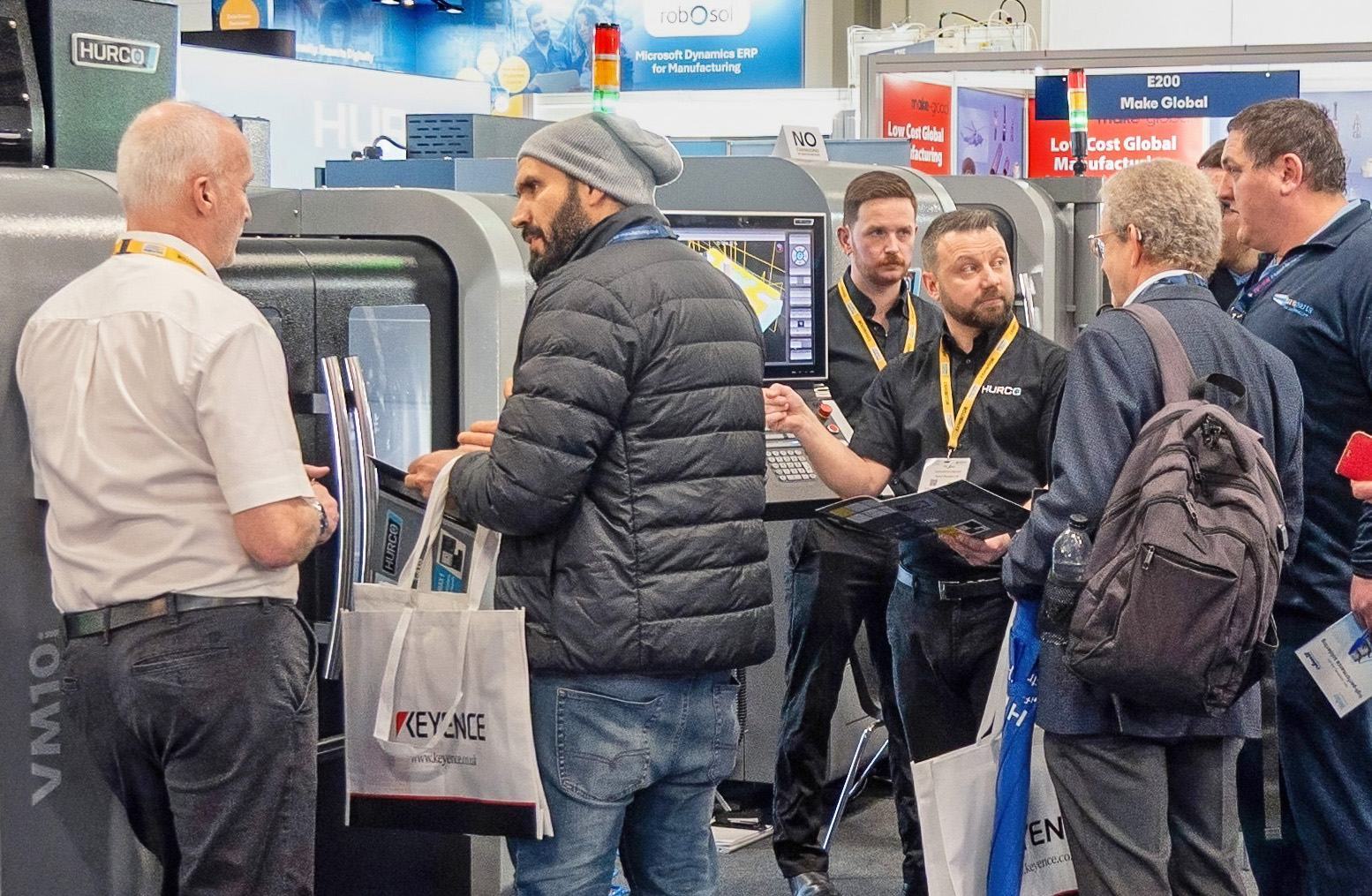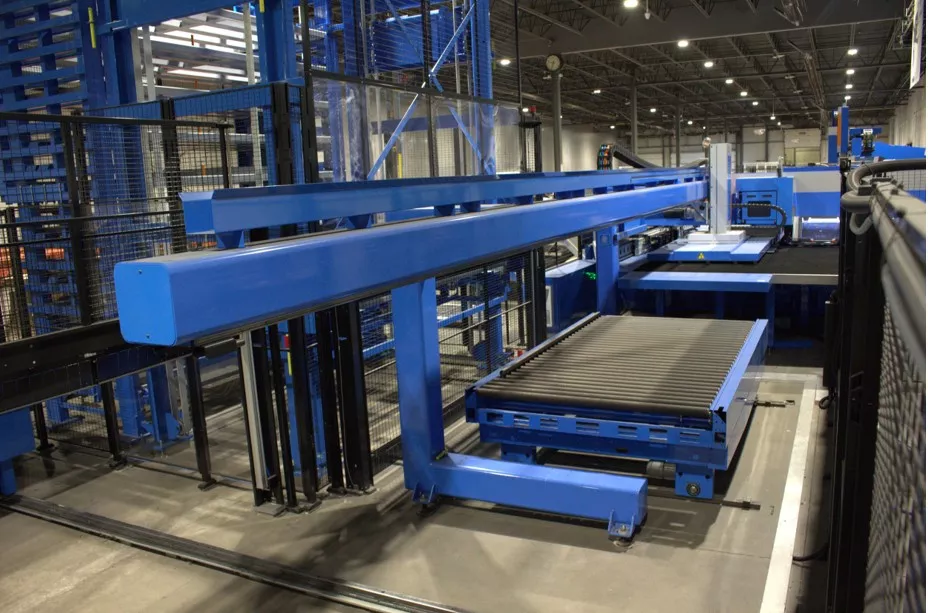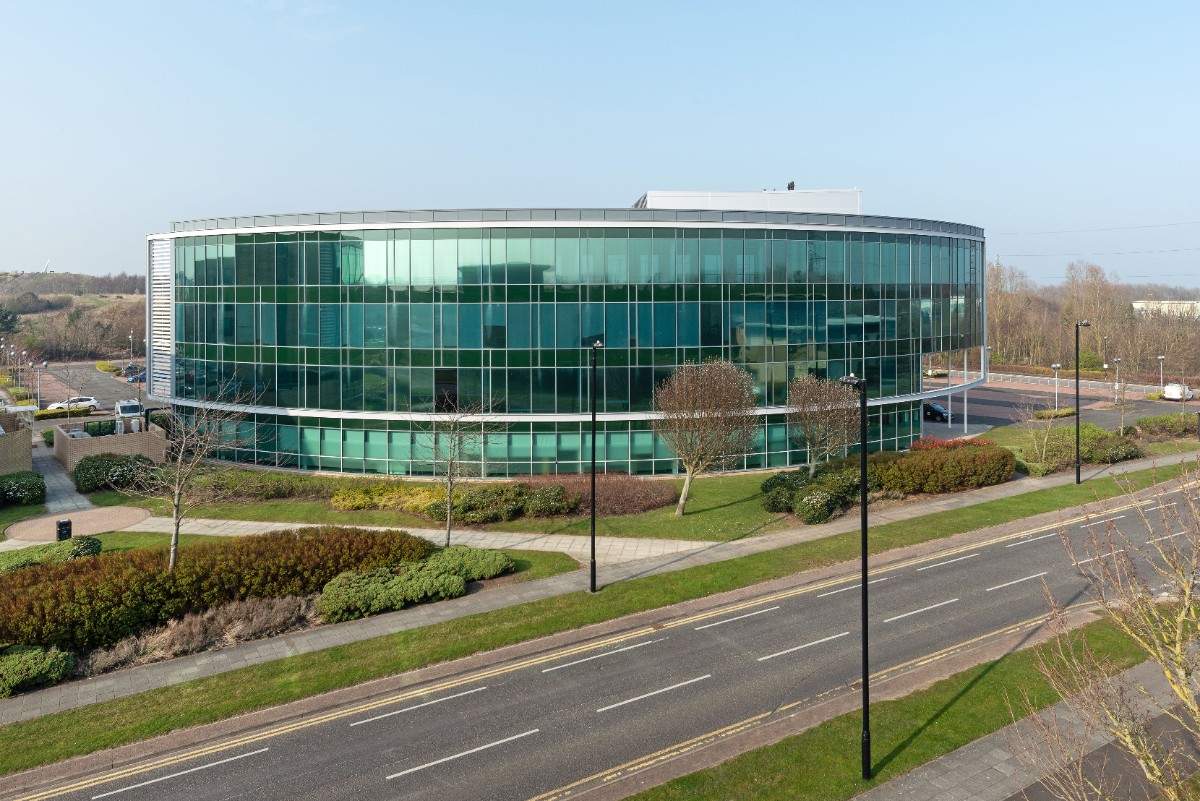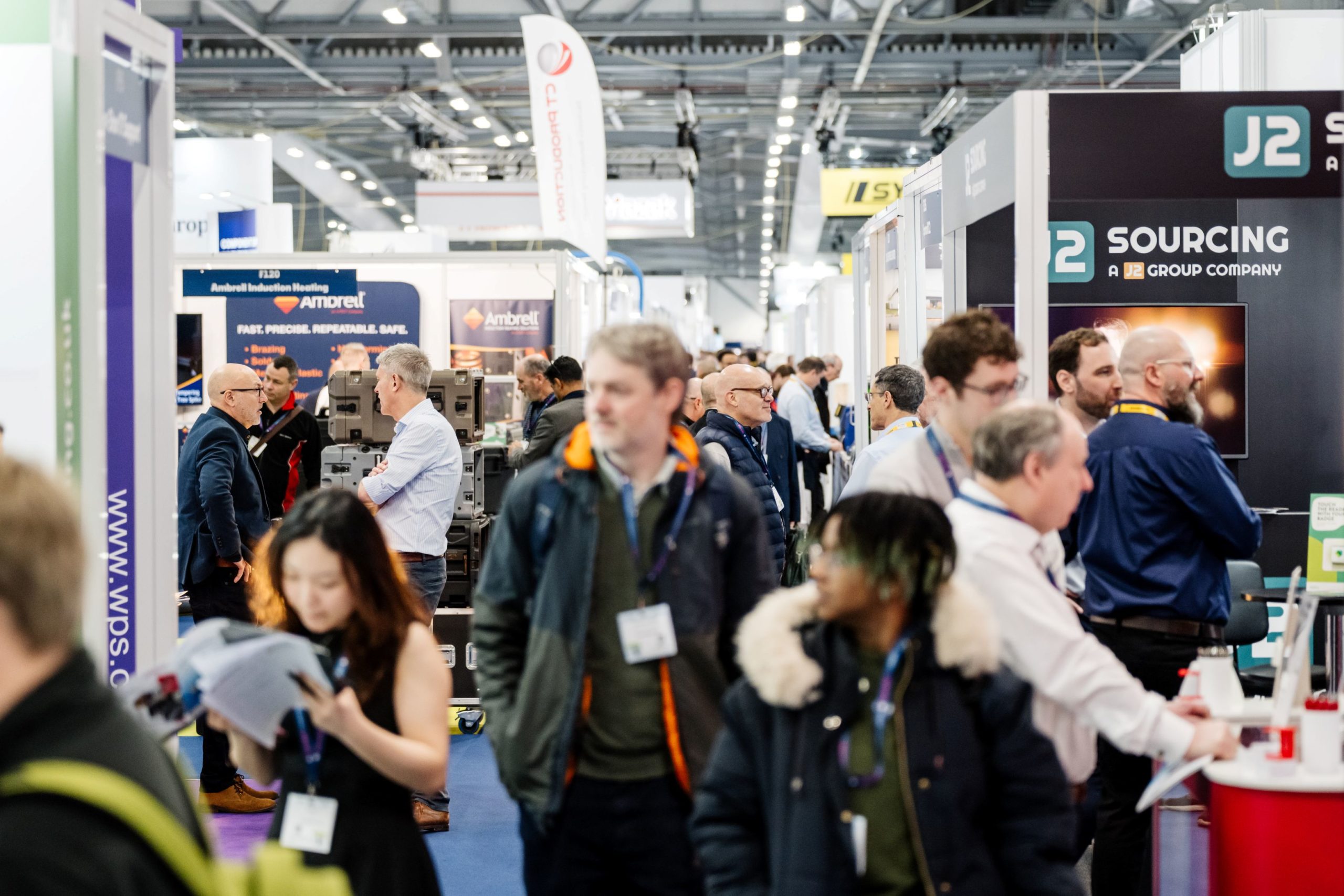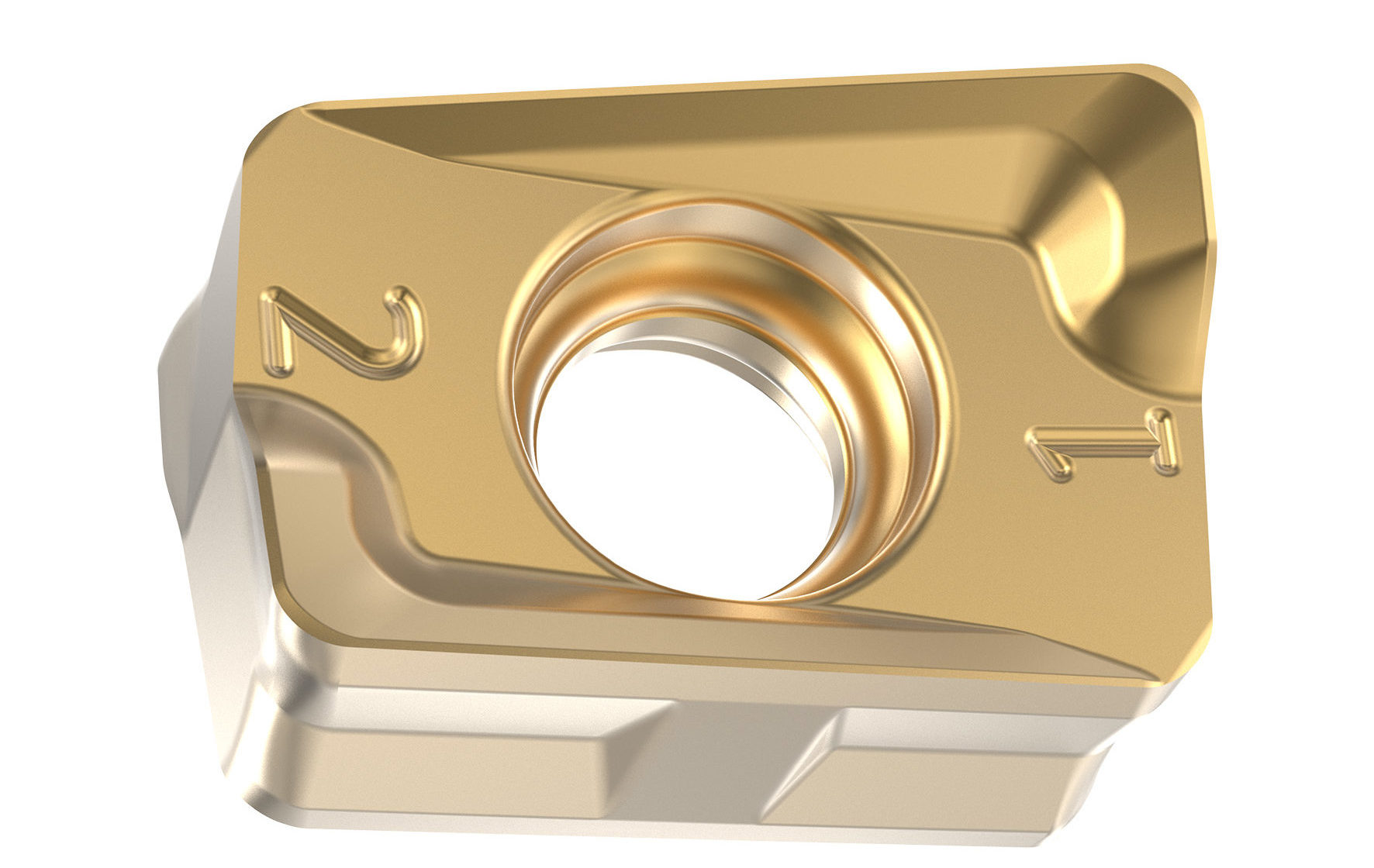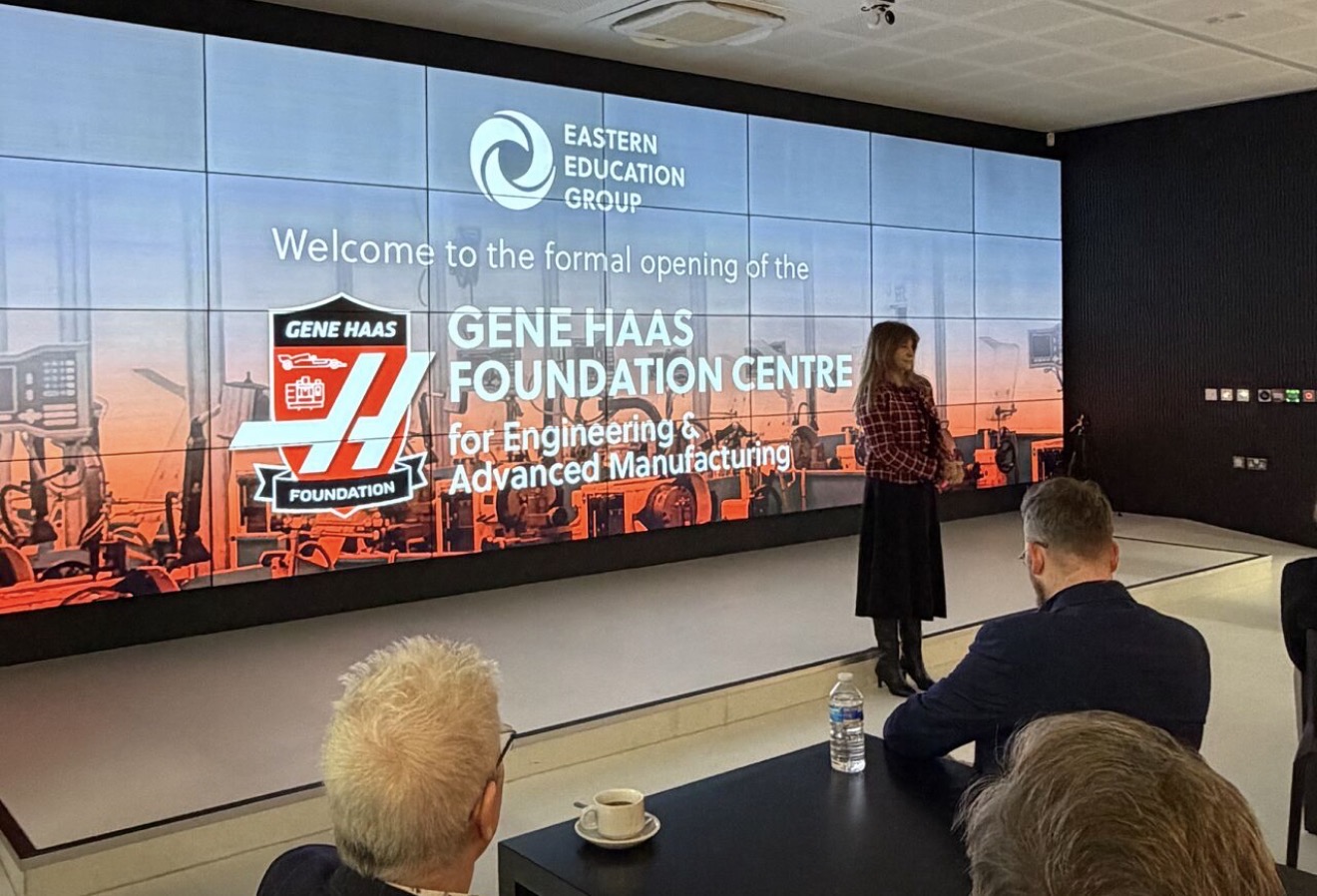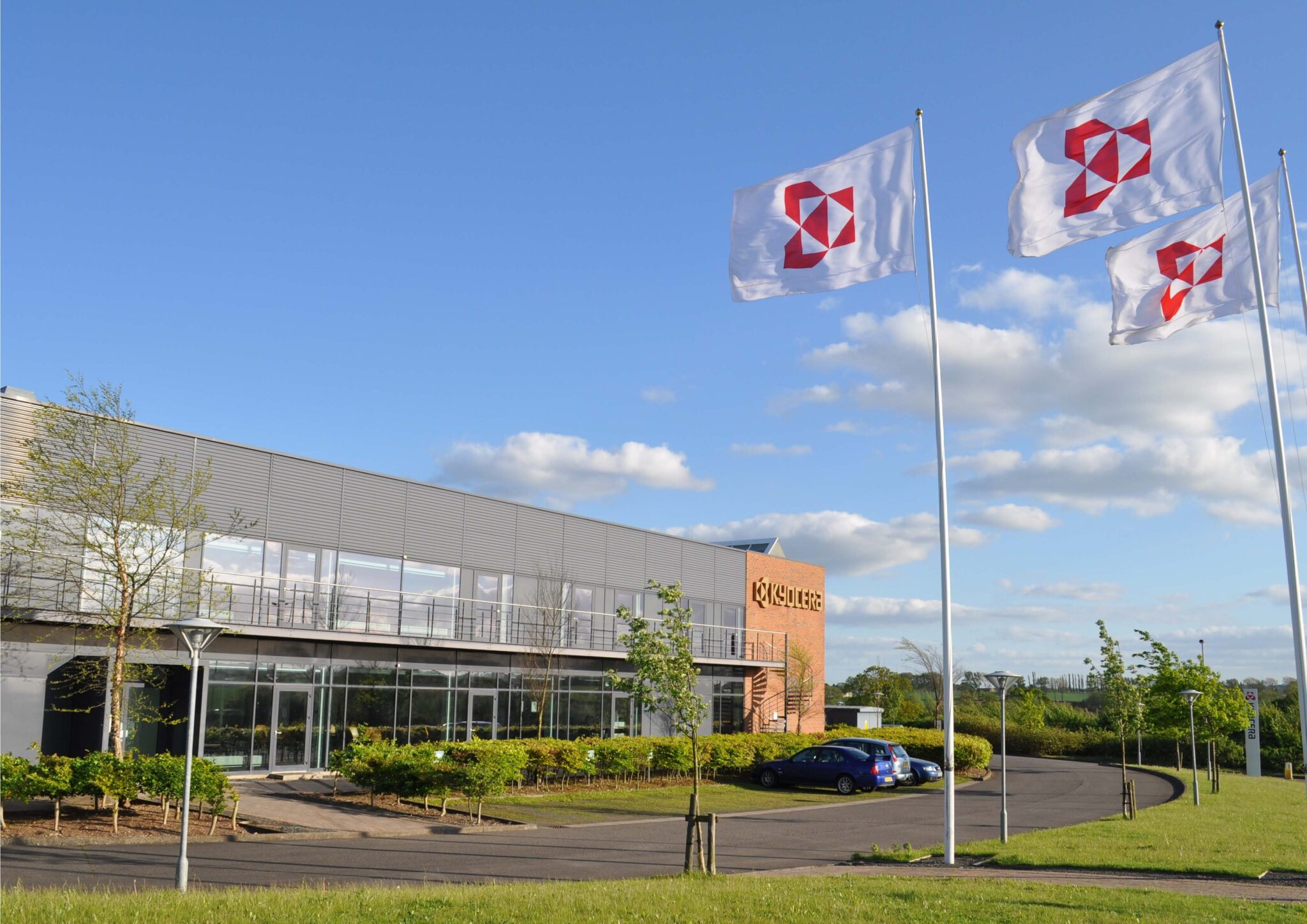Medical industry mould maker progresses to automated 5-axis machining
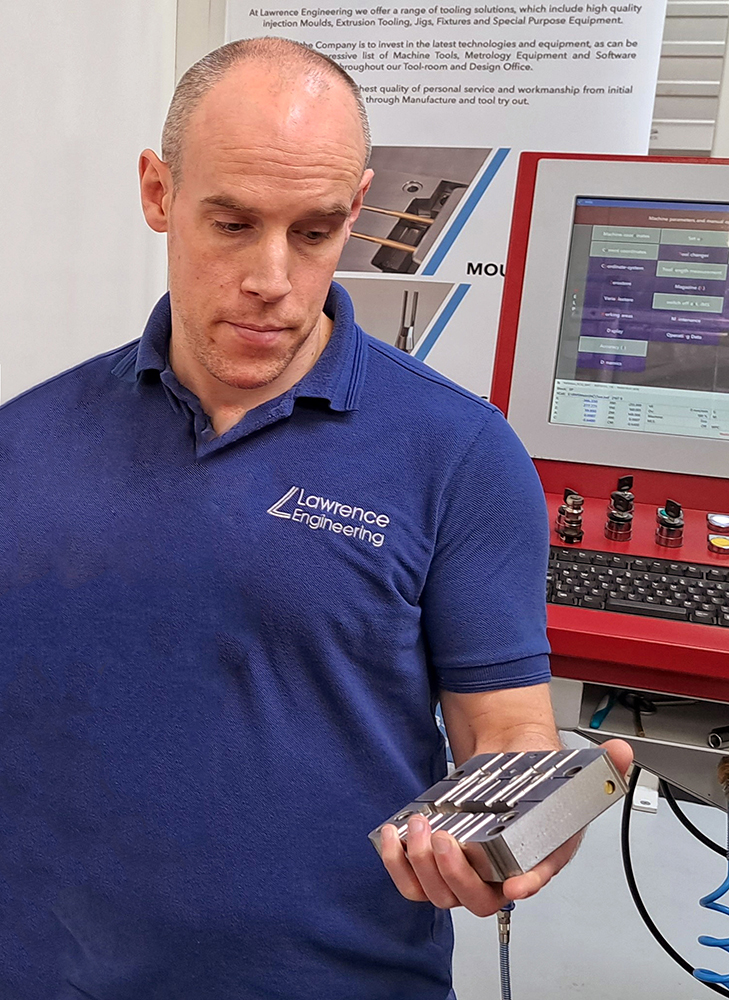
Established in the west of Ireland in 1984, Lawrence Engineering (www.lawrenceengineering.ie) specialises in the manufacture of injection mould tools, extrusion tooling, jigs and fixtures for global suppliers in the medical device industry. At its factory in Loughill, Co Sligo, it also builds special-purpose equipment and provides contract manufacturing services, while at another facility in nearby Collooney, medical component manufacturing is carried out in a Class 8 cleanroom.
Precision, quality and rapid turnaround times are hallmarks of the family-owned business’s success. Commitment to constant investment in cutting-edge machinery keeps it ahead of the competition. This philosophy is immediately evident when visiting the Loughill site. Purpose-built in 1995, it houses an impressive range of machine tools including machining centres from Hurco and Roeders. Both brands are supplied by Hurco Europe in High Wycombe (www.hurco.co.uk), the exclusive agent for German-built Roeders high-speed machining centres in the UK and Ireland.
In the Hurco cell are a 3-axis VM10i vertical machining centre and a larger VM20i, with capacity for machining components up to one metre long by 500 mm. The machines were chosen as much for their reliability and ease of programming as for their metalcutting capabilities in tool steels.
Managing director James Lawrence said, “We try to keep everything in-house. When we consider the next investment, we are looking to increase our capabilities, filling any gaps in our capacity and aiming to achieve constant improvement.”
A prime example of this is a 5-axis Roeders RXP500DS, high-speed machining centre with linear motors driving all axes, installed in 2014. The bridge-type design includes features necessary for ensuring component accuracy and high-speed, dynamic motion.
The 42,000 rpm spindle enables Lawrence Engineering to machine mould tools directly in hardened metals, often with cutters less than 1 mm in diameter. It removes the need for time-consuming electrode manufacture, EDM and subsequent hardening. As a consequence, lead-times have been drastically reduced.
Further investment in 2021 expanded the Roeders cell significantly. Another 5-axis Roeders RXP500DS was purchased to allow more operations to be completed in a single handling. At the same time, a proprietary RCS2 automation system was added, configured to feed both Roeders machines, allowing one-off components to be queued for 24/7 production.
All of these advances ensure that Lawrence Engineering can deliver the highest quality products in the shortest possible time. Hand finishing of moulds is now rarely needed. Mr Lawrence describes the automated production cell as a huge advance compared to the firm’s former manufacturing processes.
The local area is known for serving the medical device sector and is the location of several precision mould making businesses. The nearby college, ATU, is the base for training the next generation of toolmakers and engineers. Lawrence Engineering boasts high employee retention and prides itself in mentoring and training its staff, enabling the next generation of skilled professionals to progress.
